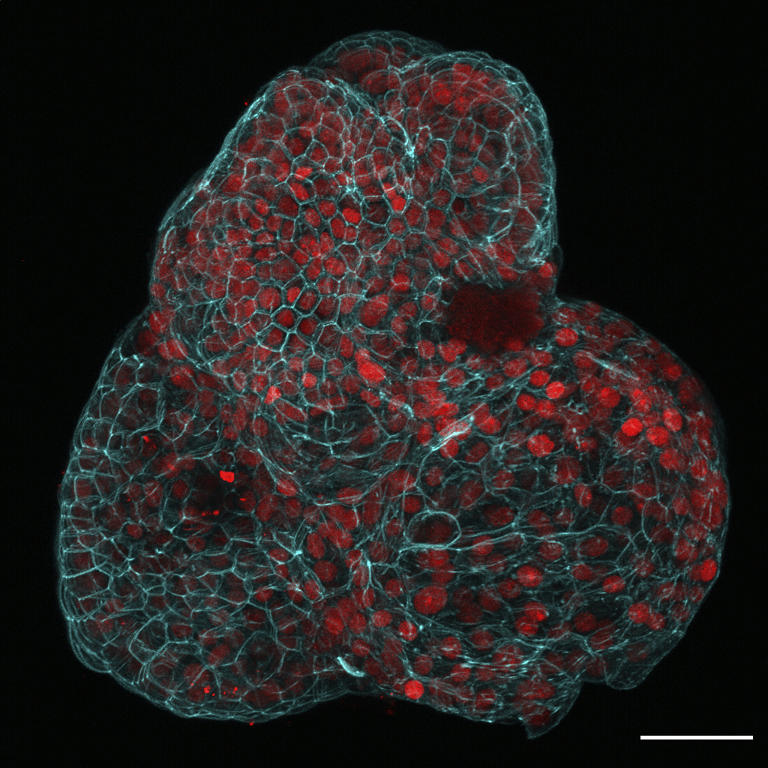In a groundbreaking leap forward for prenatal medicine, scientists have achieved a remarkable feat by growing miniorgans from cells found in the amniotic fluid surrounding fetuses in the womb. This innovative advancement, detailed in a recent study published in the journal Nature Medicine, holds immense promise for revolutionizing prenatal care and potentially treating congenital conditions before birth.
Led by researchers from University College London and Great Ormond Street Hospital in the United Kingdom, the study marks the first time mini-organs, also known as organoids, have been cultivated from cells obtained during active pregnancies. This significant breakthrough paves the way for a deeper understanding of fetal development and the potential for personalized therapies tailored to individual babies in utero.
The process involved collecting cells from amniotic fluid samples taken during routine prenatal testing from 12 pregnancies. These tissue-specific stem cells, naturally shed by the fetus during pregnancy, were then cultured and nurtured into mini-organs representing various vital organs, including the lungs, kidneys, and intestines. By identifying the origin of these stem cells, researchers gained insights into the dynamic processes of fetal development.
Mattia Gerli of University College London, one of the study’s authors, expressed excitement about the prospects this discovery offers for prenatal medicine. The ability to grow mini-organs from cells in amniotic fluid opens up avenues for monitoring and treating congenital conditions before birth, potentially mitigating health risks for newborns.
What sets this approach apart is its ethical implications. By circumventing regulations on obtaining stem cells directly from fetal tissue, researchers can ethically access cells from fetuses in later stages of pregnancy. This overcomes limitations imposed by legal restrictions on fetal tissue sampling, thereby expanding opportunities for studying normal human development and congenital diseases beyond certain gestational periods.
Alta Charo, an emeritus professor of law and bioethics at the University of Wisconsin at Madison, emphasised the ethical soundness of this method, noting that it poses no additional physical risks to the fetus or pregnant woman. Unlike the controversial use of tissue from abortions, harvesting cells from amniotic fluid during routine clinical procedures aligns with established ethical standards.
As this pioneering research unfolds, it holds the potential to reshape the landscape of prenatal medicine, offering new avenues for understanding fetal development, diagnosing congenital conditions, and developing targeted interventions to improve health outcomes for both mothers and babies.
The implications of this breakthrough extend far beyond the confines of the laboratory, offering hope for a future where prenatal care is not just reactive but proactive, where congenital conditions are identified and addressed before birth, ushering in a new era of personalized medicine for the most vulnerable among us.
